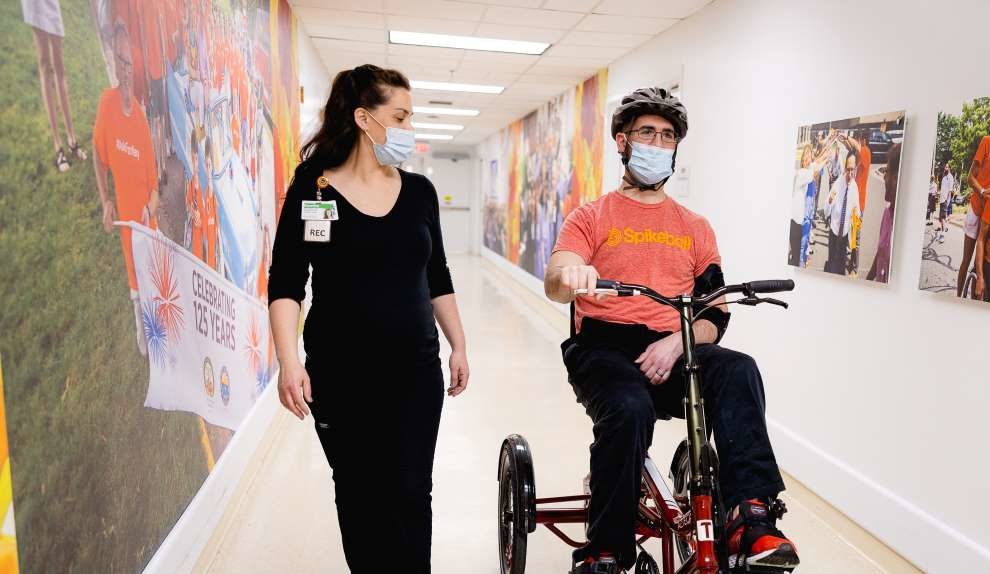
Board-certified rehabilitation physicians, hand-selected for you and your condition(s).
Brain injuries are complex. Ranging from mild to traumatic, they come with challenges unique to each person.
Mary Free Bed CEO Kent Riddle understands this. In 2002, his wife, Susan, sustained a traumatic brain injury when the car she was driving was hit by a drunken driver.
Her rehabilitation was intensive, just as yours may be. But she learned to walk, talk and care for herself again. (Kent was so inspired he began to volunteer for Mary Free Bed — and eventually came to lead the hospital.)
Susan got her life back. Our goal is to achieve the same result for you or your loved one.
We’ll start by listening and understanding who you are, what motivates you and what gives meaning to your life, so we can take a comprehensive approach for healing that will enable us to move beyond the trauma of injury together.
The journey won’t be easy, but it will be worth every bit of effort.
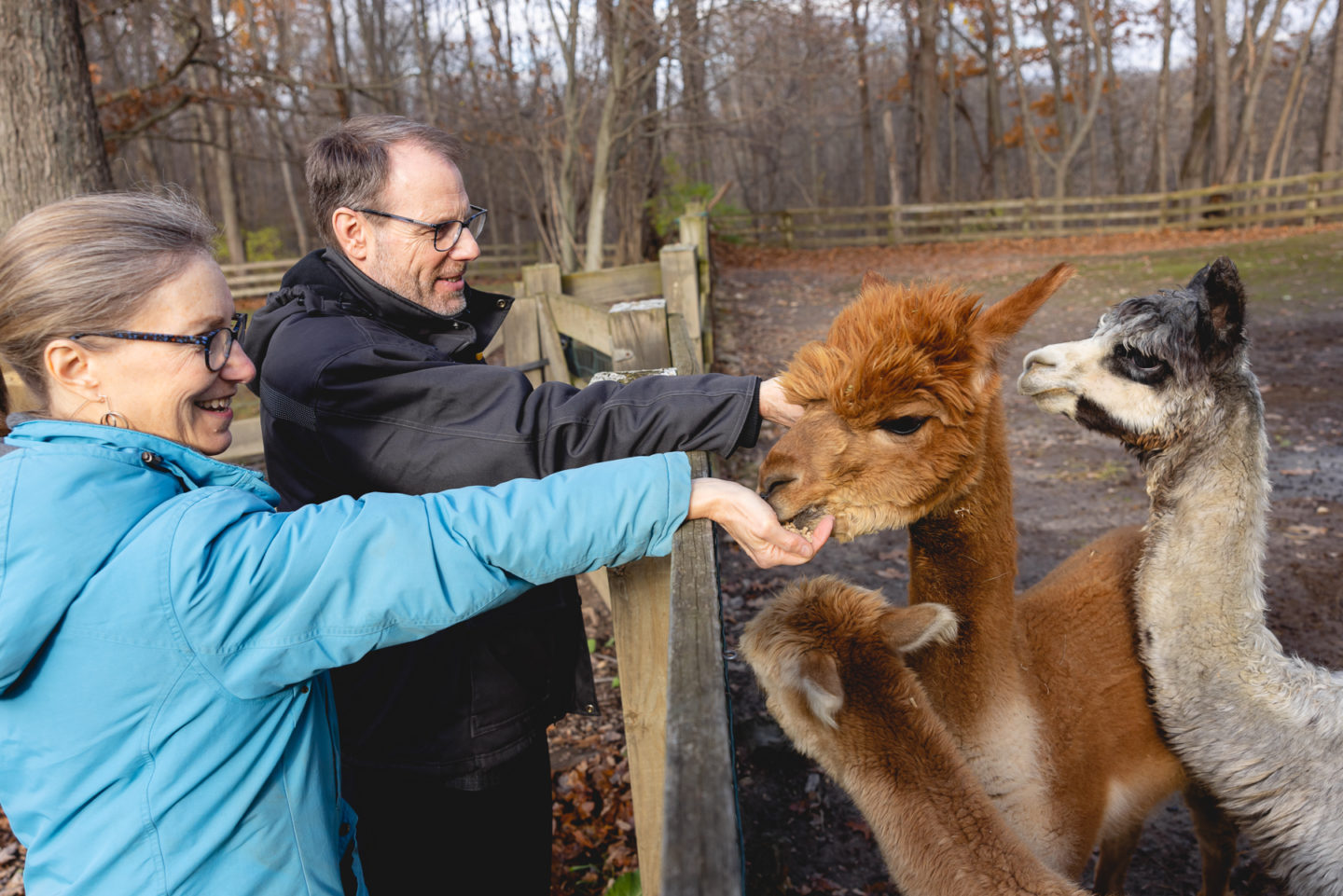
Rehabilitation is a vital part of recovery after a brain injury. Research shows people with brain injuries experience better outcomes the sooner rehabilitation begins.
More than 960 people who sustained brain injuries last year were cared for in Mary Free Bed’s system of care across Michigan. Of the 545 who were treated in the inpatient program at our Grand Rapids hospital, more than the national average returned to their home or community setting and gained more functional improvement. Patient satisfaction was measured in the 94th percentile.
Mary Free Bed provides a full spectrum of care to support your recovery for as long as you need us, including outpatient medical care and therapy, and a host of other resources.
Both our inpatient and outpatient programs are accredited by the Commission on Accreditation of Rehabilitation Facilities International. This voluntary but rigorous accreditation process is based on specific standards ensuring the highest-quality rehabilitation for people with brain injuries.
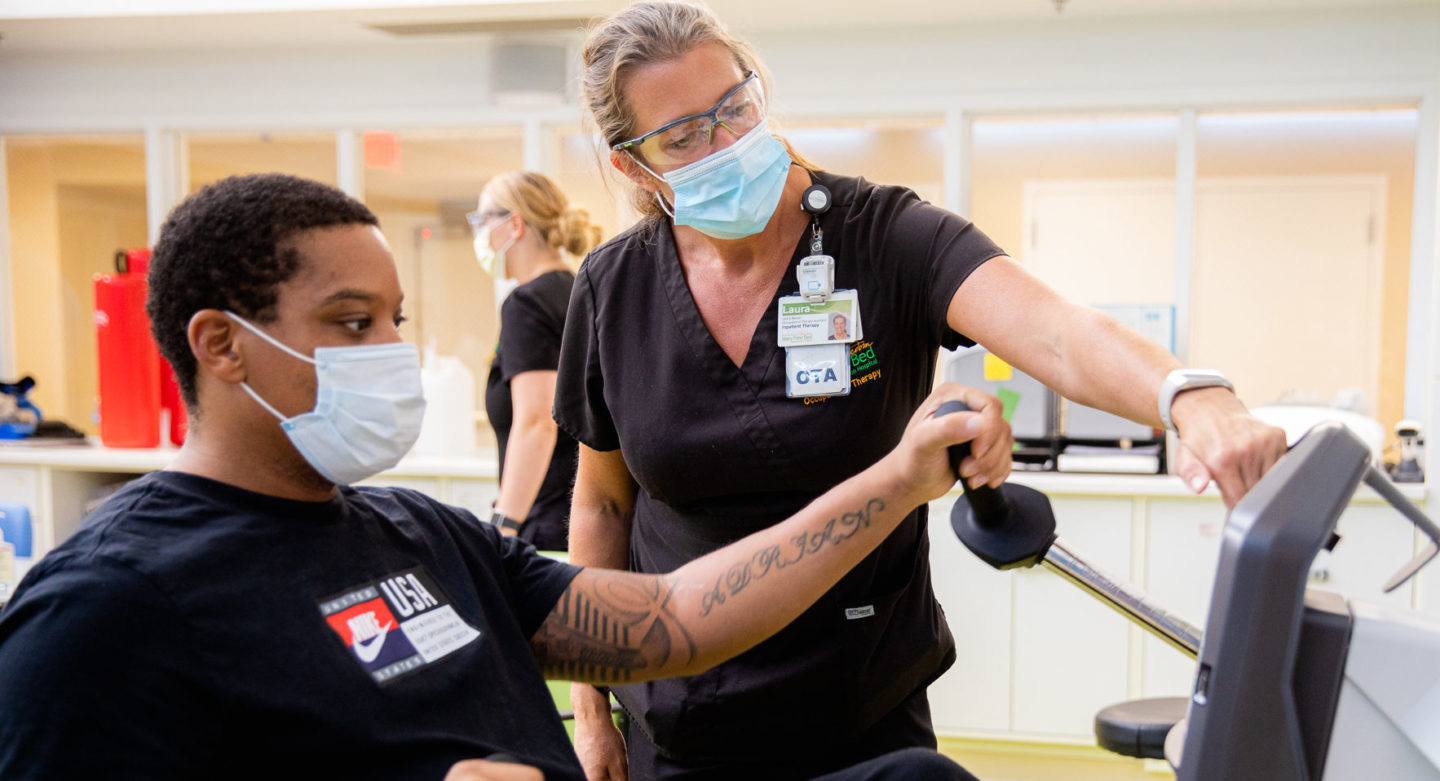
We’ll help you or your loved one regain as much independence as possible and find ways to successfully work around challenges.
Our experts are familiar with the various forms of functional loss that affect patients with an injury to the brain, and we provide rehabilitative care in a calming environment. We’ll support you and your loved ones during days that may seem daunting at times, and we’ll celebrate and build on your successes.
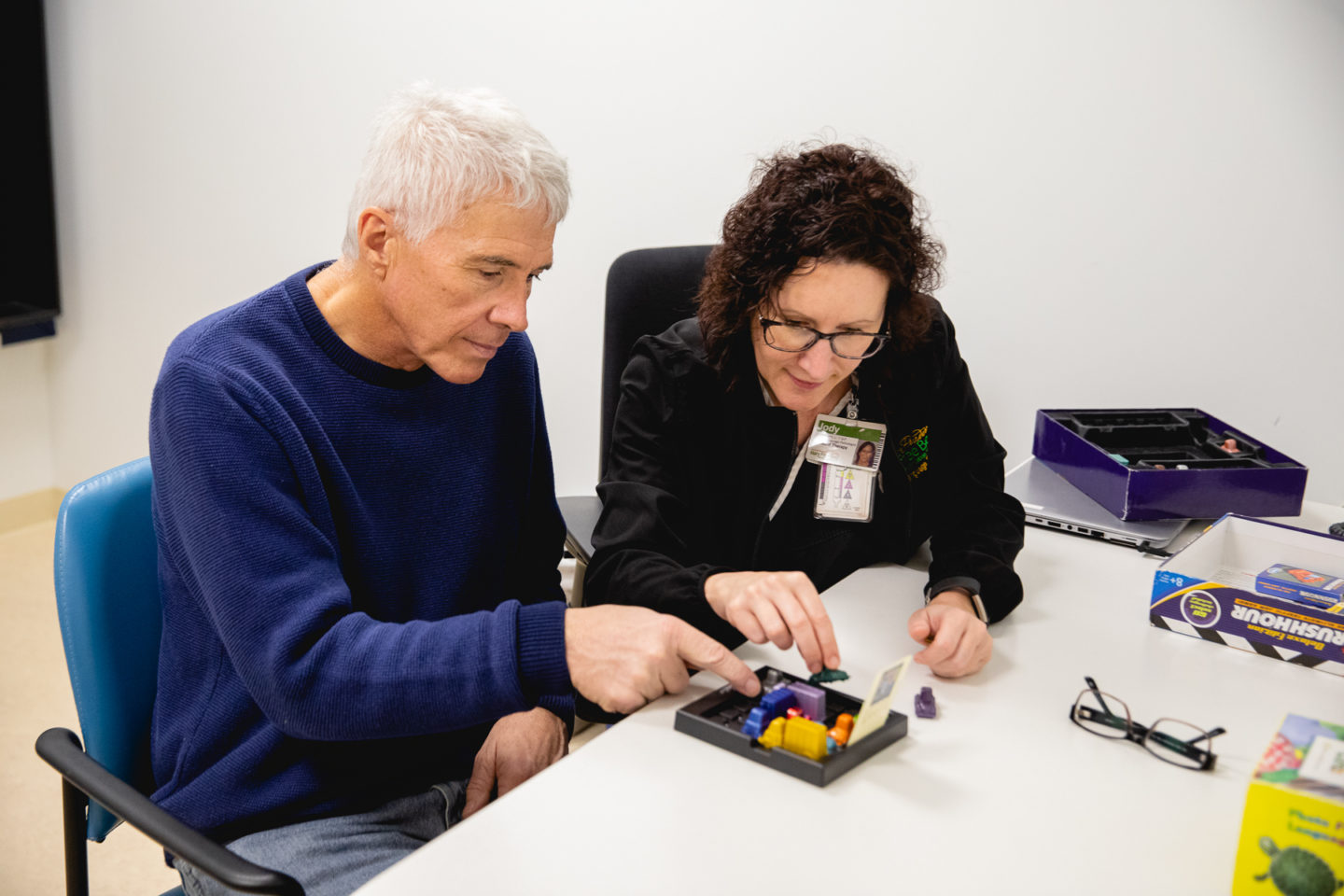
The duration and intensity of your therapy will depend on your individual needs and tolerance. Research shows the sooner you begin rehabilitation at an appropriate level of intensity, the better your outcome will be.
Therapy gyms, including one with a low-stimulation environment, provide specialized spaces to improve strength and fine motor skills. An extensive system of ceiling-mounted technology helps you safely practice walking if balance is an issue.
Private treatment spaces enable speech-language pathologists to work with you to improve thinking and communication skills.
A small apartment provides space to work on daily living skills, such as cooking, laundry and cleaning.
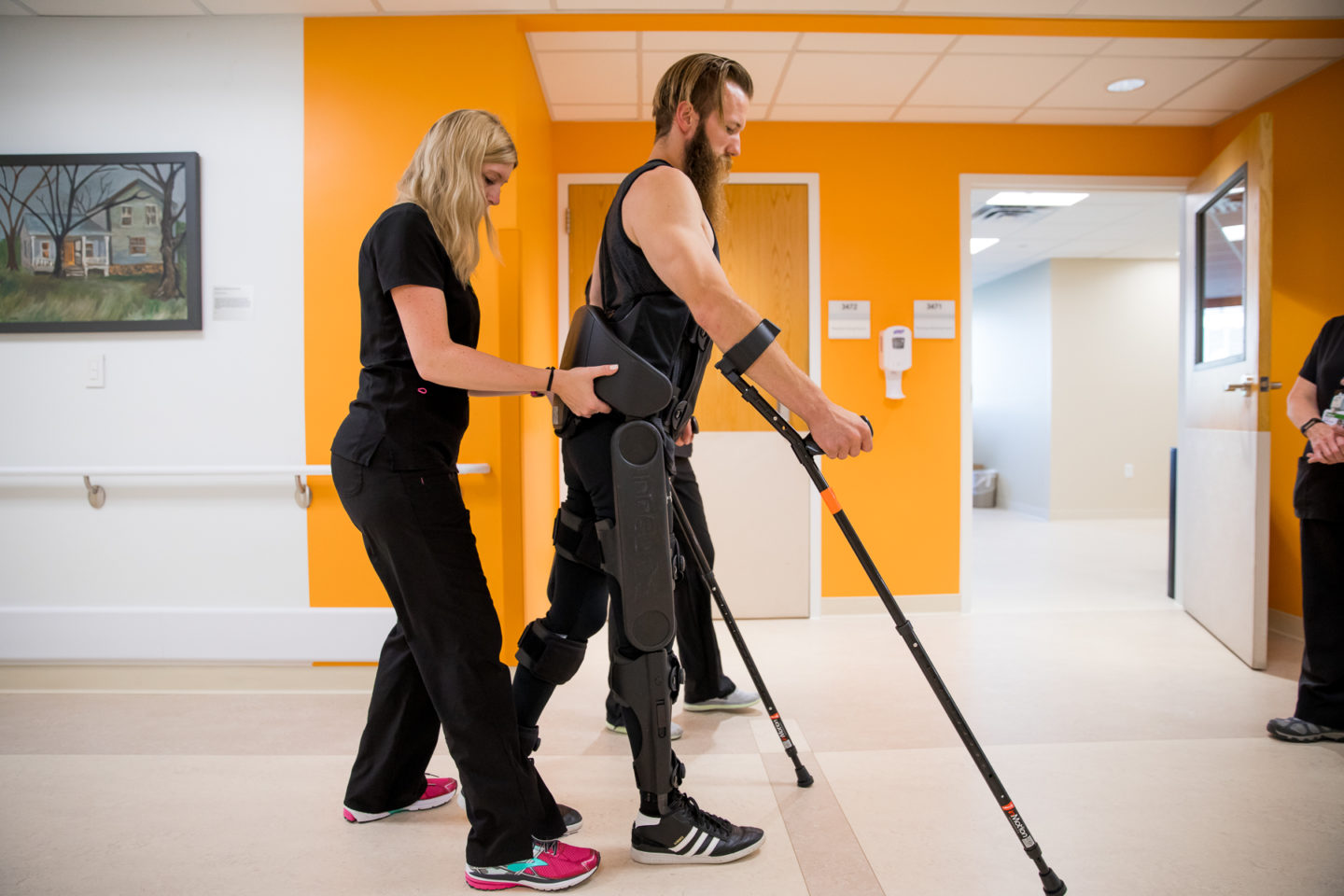
If you’re able, you can practice standing and walking with the aid of our extensive ceiling-mounted technology, such as the ZeroG and Tollos, or the Indego Exoskeleton, a robotic walking device.
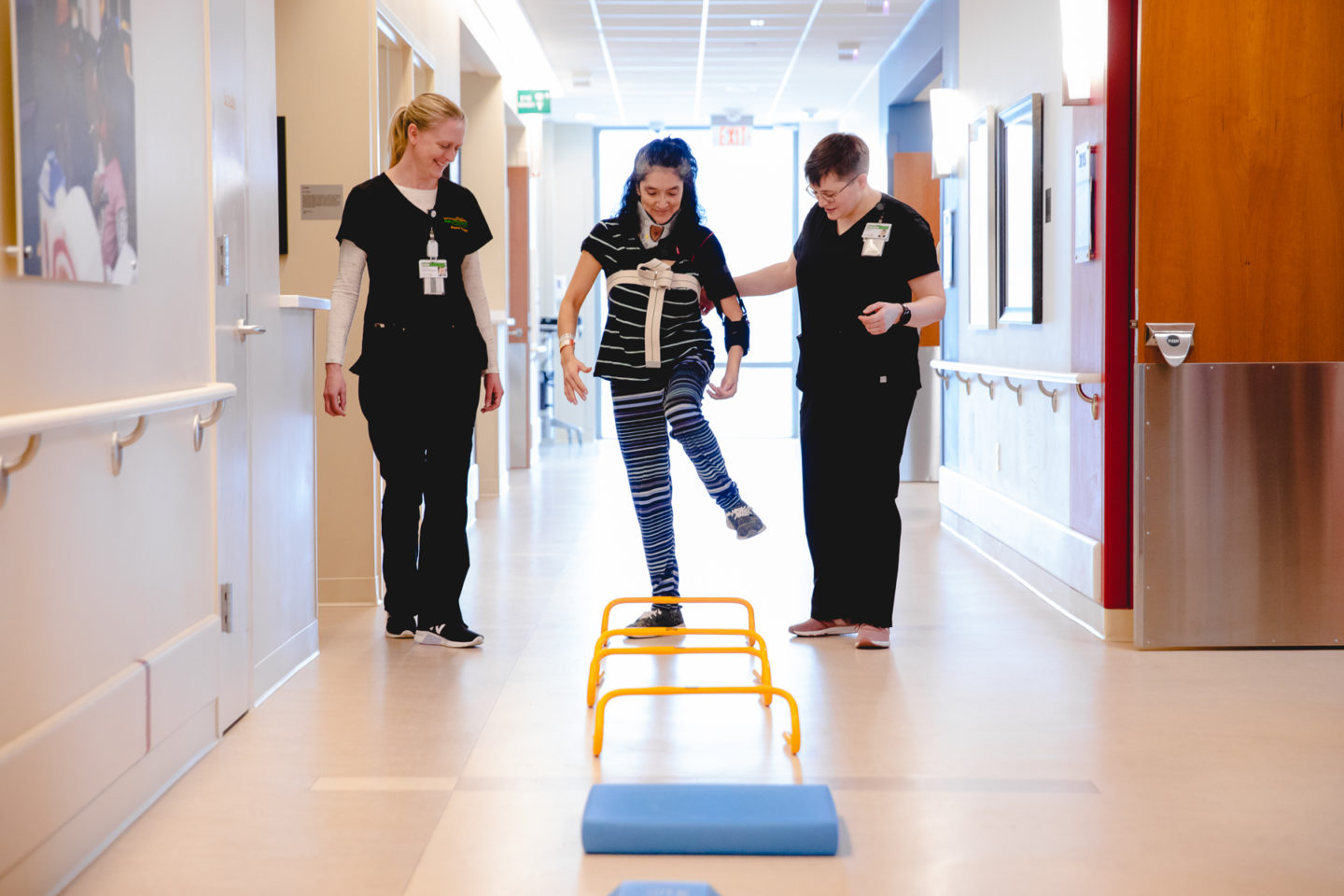
We encourage loved ones to participate in your therapy sessions. Your family is part of your team, too! After all, they’ll be helping you be as independent as possible.
In the evenings, you can relax in your private room or visit with family, friends and other patients in one of our “destination locations,” such as our solarium with its cozy fireplace and rooftop terrace. Our Patient + Family Amenities [add link] page offers helpful information, including comfortable and affordable lodging for patients and families who live outside of West Michigan.
Board-certified rehabilitation physicians, hand-selected for you and your condition(s).
Registered nurses with rehabilitation and wound care certification, as well as nurse technicians.
Occupational therapists to help you resume independence with daily activities, such as brushing your teeth, getting dressed, doing laundry and grocery shopping.
Physical therapists to evaluate your strength, mobility and level of independence, then provide rehabilitation.
Psychologists focus on your emotional well-being, which is just as important as your physical condition.
Registered dietitians to evaluate your nutritional needs and monitor your food intake.
Speech-language pathologists to help you, if necessary, with eating, swallowing, speaking, breathing and so on.
Recreational therapists to help you get back to doing things you enjoy or introduce you to new leisure activities.
A care manager who partners with you and your caregivers to help you adjust to your injury and prepare to return home.
Whether you’re in the recovery phase of a concussion or seeking ongoing care after a traumatic brain injury, Mary Free Bed provides a full spectrum of care, including specialized therapy, home and community services and life-long follow-up care.
Our Brain Injury Clinic offers a range of therapy services, technology and treatment, whether you’re a graduate of our inpatient Brain Injury Program or you were referred by a physician for outpatient treatment. A thorough evaluation allows us to create a therapy plan to best meet your needs. The length of treatment can vary from a few sessions to a couple of months.
We offer multiple therapy gyms and individual treatment spaces, as well as a heated therapy pool. We also have a simulated apartment where you can practice daily living skills, like grocery shopping and cooking.
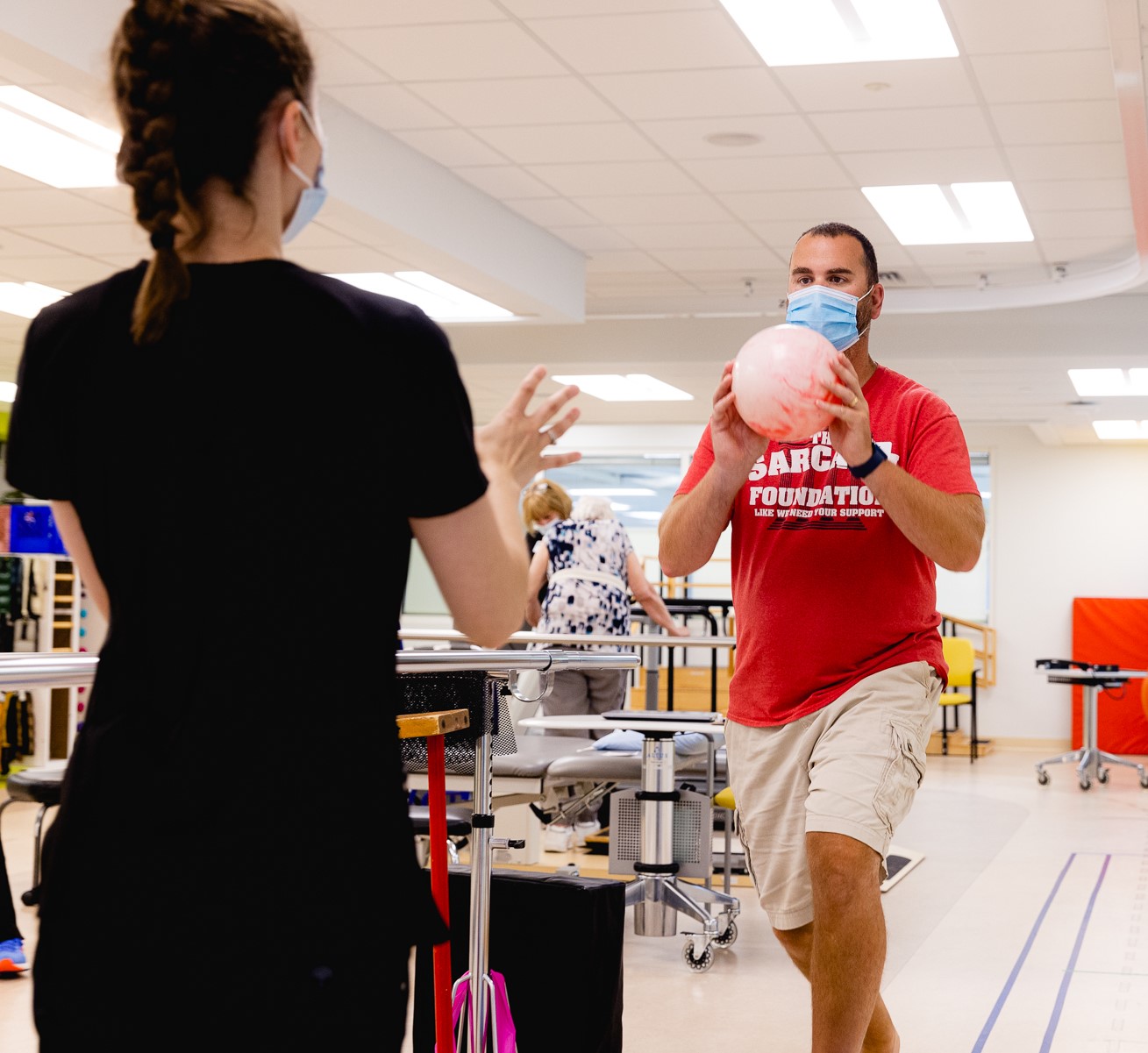
Services we offer to complement your care may include:
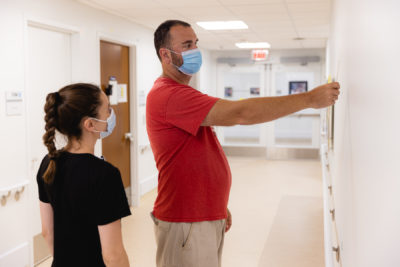 A concussion is a brain injury that requires prompt, specialized medical attention. The sooner you receive rehabilitation therapy, the better the potential outcome. Our Post-Concussion Program offers outpatient care to help you get back to your previous level of independence in all areas of your life, including school, work, recreational activities and in the community.
A concussion is a brain injury that requires prompt, specialized medical attention. The sooner you receive rehabilitation therapy, the better the potential outcome. Our Post-Concussion Program offers outpatient care to help you get back to your previous level of independence in all areas of your life, including school, work, recreational activities and in the community.
Our services may be appropriate you’re experienced lingering symptoms after a concussion caused by such things as a:
Your initial assessment may be conducted by a physiatrist (a physician who specializes in rehabilitation) and a neuropsychologist who have years of experience evaluating and treating post-concussion syndrome. They use this information to create your individualized treatment plan.
Your treatment team will recommend services and therapies best suited to your injury, needs and goals. Treatment may include physical, occupational, speech and/or recreational therapy. Depending on your needs, you may also work with a care manager and psychologist. If returning to work is a concern, we may coordinate consultations with a vocational expert. A variety of on-site services are available, from our Driver Rehabilitation Program to swallow studies and more.
If your injury occurred during a sports or recreational activity, you may be recommended for a specialized sports-concussion evaluation.
Education is important in how we treat post-concussion syndrome. Concussion often results in subtle disability, which can be difficult to define or understand. Our team focuses on education to help you acknowledge challenges, identify specific rehabilitation needs and understand recovery patterns. We are also happy to offer education to your family, athletic trainers, coaches, teachers, and employers.
Our specialty services are designed to enhance and enrich your life. Your treatment team will work with you to coordinate the services and programs that will best serve you. Here are just some of the services we offer:
Below are questions we often hear from patients with brain injuries and their families. Talk with your treatment team about specific questions or concerns.
A brain injury heals much differently than a broken bone, for example. Recovery depends on the degree and type of damage. Intensive rehabilitation will help you return to your highest level of independence.
The main factors that determine your length of stay are the severity of your injury, your current functionality and your rate of improvement. Our patients with brain injuries stay with us anywhere from days to several weeks.
The most important criteria for graduation from our inpatient program are whether you’ve met your medical and therapeutic goals, paving the way for continued therapy in a home care, outpatient or transitional setting.
Your loved ones, especially those who will help care for you after you leave Mary Free Bed, are strongly encouraged to participate in your therapy sessions. Sometimes, your therapist may request family members sit back or even step out of a therapy session. This happens when those who love you are trying to be helpful by intervening unnecessarily or when their presence may be a distraction.
Following a brain injury, it’s often difficult for the brain to be able to focus on eating and drinking. Due to this lack of concentration, some food and liquids can enter the airway instead of the stomach. In other cases, the location and severity of your injury can create difficulty with the swallow response and the coordination or strength of the muscles involved in swallowing.
A speech-language pathologist can evaluate and treat your swallowing problems.
The brain has an automatic internal system of “programming” or “filing” all information to recall later. Remembering things from the past is possible because the old information has been programmed and filed and the brain knows where to go to get the information. Following a brain injury, this automatic system doesn’t kick in on its own. Therefore, the automatic filing of information doesn’t occur, making it difficult to recall new information each day. You might need new strategies to help you make new memories.
After a brain injury, it can be difficult to control or filter comments and actions or to recognize how comments may impact others. The ability to show different emotions may also be affected. This is normal, and it’s not your fault.
Yes, most patients require continued therapy after they graduate from inpatient care. The length of time depends on your goals, and whether progress is being made toward those goals. It can be as short as a couple of weeks for a milder brain injury or up to several months or even years for more severe injuries.
Mary Free Bed offers a full spectrum of care, including outpatient therapy, such as Day Rehabilitation, and other services, including Home and Community and Mary Free Bed at Home.
We offer a range of outpatient therapy, technology and treatments, whether you’re a graduate of our inpatient Brain Injury Rehabilitation Program or you were referred by a physician for outpatient treatment. We also provide Home and Community services.
Still have questions? Feel free to contact us.